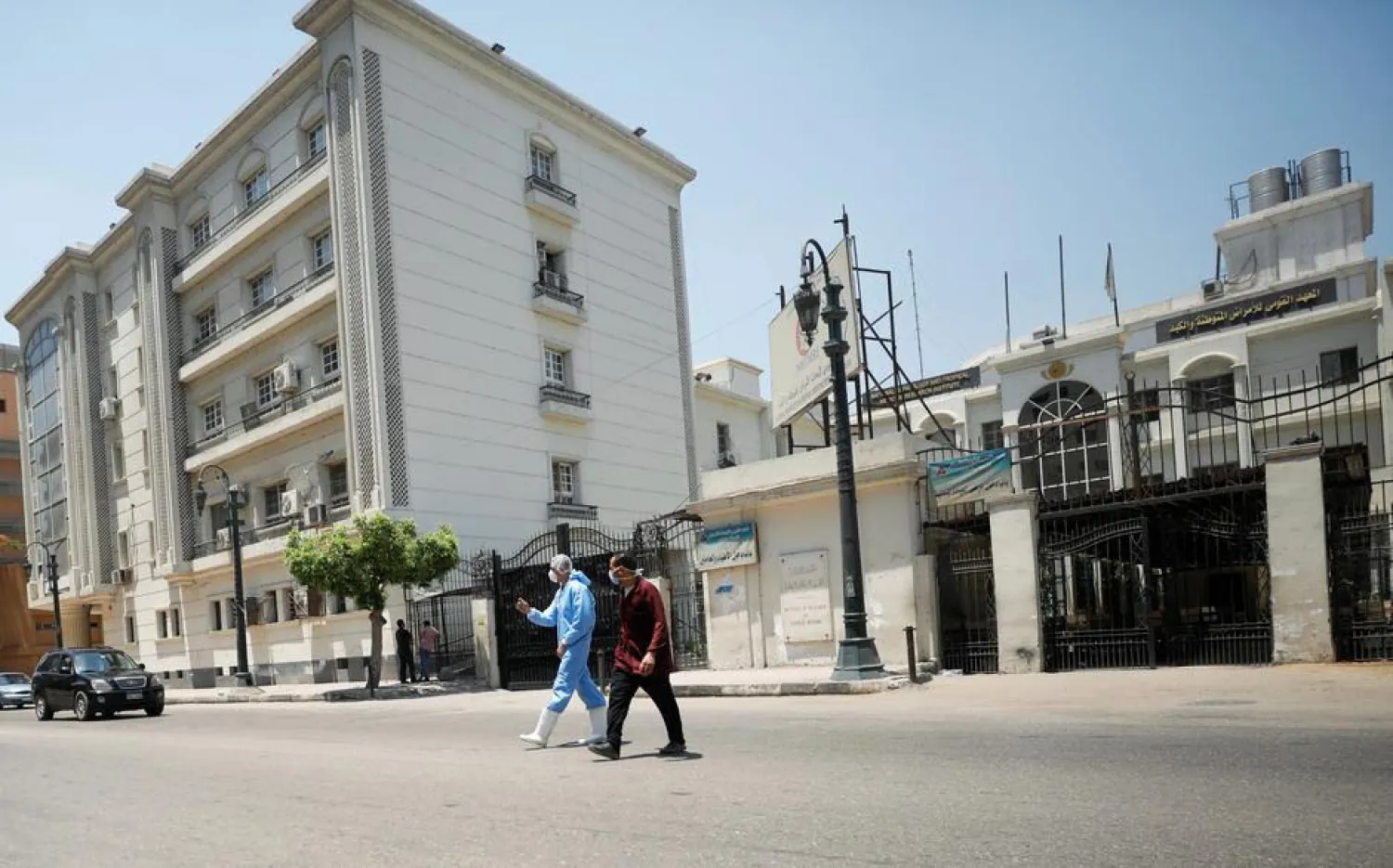Minister of Health Hala Zayed and Presidential Adviser for Health Affairs Mohamed Awad Tageldin have recently given conflicting statements on Egypt’s attempts to obtain a vaccine for the COVID-19 disease.
Zayed stated that Egypt is still in trial to find a therapy, while Tageldin announced that a potential vaccine will be available in Egypt by September.
The advisor explained that the vaccine developed in cooperation with the University of Oxford has a 90 percent success rate, adding in a televised interview, that the producing company has a factory in Egypt and is ready to produce the drug.
Earlier, British-Swedish multinational pharmaceutical and biopharmaceutical company AstraZeneca in Cambridge announced reaching the final stages to produce a coronavirus vaccine through close cooperation with the University of Oxford.
Meanwhile, Speaker Ali Abdelaal criticized some private hospitals for imposing high fees for the treatment of COVID-19 patients, with MPs describing the bills as “terrifying” and “horrific.”
Abdelaal warned that if private hospitals maintained their bills high, the government has the right to manage the hospitals in line with the emergency law.
The Minister of Health pledged stricter control on such hospitals, announcing official pricing for the treatment of coronavirus patients.
Zayed held a meeting with the head of the Chamber of Health Care Providers, Alaa Abdul Majeed, along with a number of representatives of major private hospitals. They agreed to monitor hospitals that provide coronavirus treatments more closely.
They stressed the need to ensure that all hospitals adhere to the government’s controls and provide best medical care to patients.
The Minister said after the meeting that it is necessary to put the interest of the patients first. She praised the efforts of the private health sector and its participation in presidential programs, including the comprehensive health insurance program.
Abdul Majeed and the representatives called on all private hospitals to adhere to the limits set by the state.
The recent amendments of the President’s emergency law allow setting the prices of goods and services provided by hospitals.
It compels some or all private hospitals, specialized medical centers, and laboratories to operate with full force in cases of health emergencies for a limited period under the supervision of an administrative committee set by the President.









